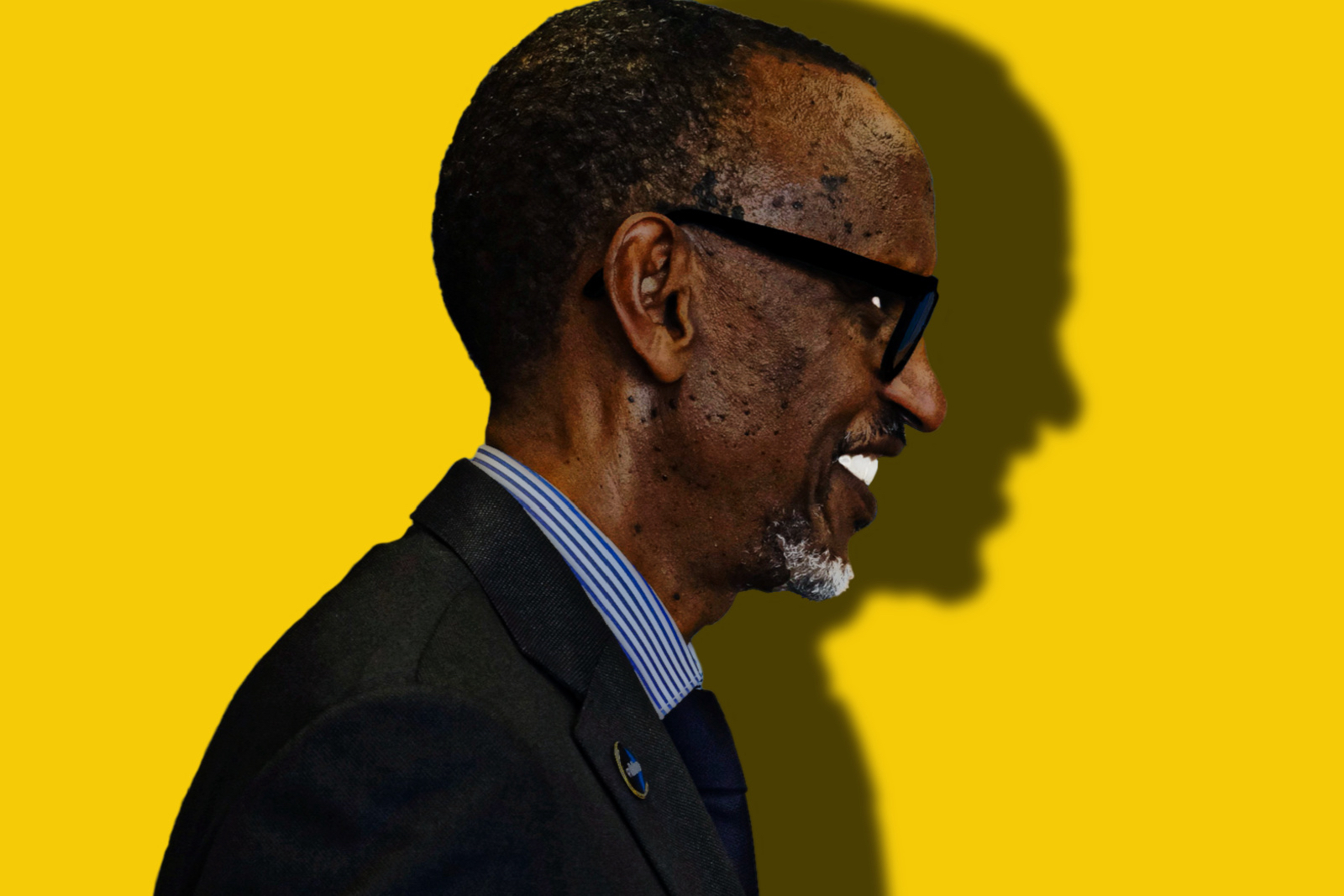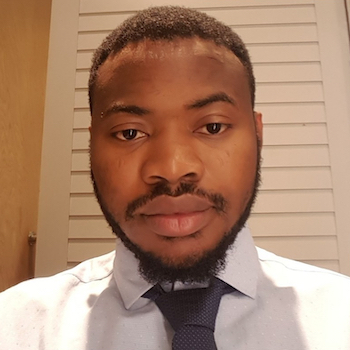
When Democracy Unravels in Africa
The political tremors shaking many parts of Africa offer a sobering preview for African nations on the cusp of elections—Algeria, the Democratic Republic of the Congo, Ghana, and Rwanda among them. This unsettling moment serves as a clarion call, underlining the limits of liberal democracy that has not delivered its promised dividends in African societies.
Political instability isn’t new to the continent, but the recent series of events emphasizes the compounded issues of political and socioeconomic unrest. Indeed, elements like restricted political pluralism, ill-conceived electoral reforms, and problematic constitutional amendments hinder the democratization trajectory across the African landscape.
The coup in Niger, for instance, has shaken the international community to its core. Democratically elected President Mohamed Bazoum was ousted by members of his own presidential guard, his downfall framed by his alleged inability to confront the escalating security crises afflicting the nation. This event prompted a ripple effect of concern within key regional organizations such as the Economic Community of West African States (ECOWAS) and the African Union (AU).
Nigerian President Bola Ahmed Tinubu, the head of ECOWAS, communicated his apprehension via his special adviser, Dele Alake. Tinubu emphasized that the persistent security challenges are not merely Niger’s burden; they threaten to destabilize the entire region. A collective response from both ECOWAS and the AU, he argued, is not just an option but a necessity.
It is tempting to view the military coups in West and Central Africa as isolated incidents. However, they can more accurately be seen as symptomatic of deeper socioeconomic malaise. The democratization process has not been as effective as envisioned, partially due to external interventions that muddy the waters. Case in point: France’s continued involvement in the political intricacies of its former colonies hampers the ability of these nations to self-govern effectively. It’s a corrosive pattern that raises questions about the prerequisites for democracy—namely, the need for a society to establish its own institutional governance through autonomous constitutions.
In this light, the current landscape serves as a consequential examination of how far democracy has come in Africa—and how far it has yet to go. These nations stand at a pivotal crossroads, and the decisions they make will reverberate far beyond their borders. The trajectory of democratization is not merely an African concern; it’s a global imperative.
The turbulent political climate in many parts of Africa offers a real-world litmus test for American political scientist Robert Dahl’s concept of polyarchy—a framework that posits democracy is best upheld through free and fair elections, active political participation, and a responsive government. But what happens when these fundamentals are systematically compromised? Equally vital to the success of polyarchy are secondary institutional agents like interest groups and civil society, whose influence wanes under authoritarian rule.
Case in point: On August 26, the day of Gabon’s presidential election, the government pulled the plug on Internet access and imposed a curfew post-election. These measures have raised serious concerns among opposition figures, notably Albert Ondo Ossa, who question the election’s legitimacy under such draconian constraints.
The somber political backdrop casts a long shadow over Africa, with analysts spotlighting potential domino effects. Cameroon tops the list of countries most vulnerable to military takeovers, given President Paul Biya’s uninterrupted rule since 1982. The Republic of the Congo isn’t far behind, where President Denis Sassou Nguesso has similarly held power for more than two decades. Other nations teetering on the brink include Rwanda, Equatorial Guinea, Mauritania, and Senegal—the last of which has recently witnessed political unrest.
The current upheavals in West and Central Africa resonate with the Arab Spring movements that swept across authoritarian regimes in North Africa and the Middle East in 2010. Whether these African nations are on the cusp of comparable social revolutions or merely incremental shifts in political governance remains an open question.
As these nations navigate the complex waters of democratization, the expectation remains high that they will cultivate transparent, resilient, and accountable governance structures. For them, the stakes are not merely national; they are intrinsically tied to the global discourse on democratic stability. Indeed, the struggle to uphold the tenets of democratic order revolves not just around political institutions but around the efficacy with which these institutions can adapt and respond to the citizenry—a critical variable in Dahl’s equation for polyarchy.
The international outcry from Western powers like the United States and France, as well as global institutions such as the United Nations, has been both swift and fervent, condemning the spate of military coups that have rocked many parts of Africa. Despite these protestations and the initial tough-love approach of economic sanctions and suspended aid from entities like ECOWAS, there has been little tangible progress in restoring democratic governance since the coups unfolded.
The strategic diplomacy advocated by regional bodies such as ECOWAS and the African Union appears lackluster in its efficacy. These organizations seem to be grappling with how to negotiate with military juntas for a swift transition to civilian rule without stalling the democratization process—a challenge that becomes more complex by the day.
Adding a layer of complexity is the burgeoning alliance among the military juntas in Mali, Guinea, Burkina Faso, and Niger. United by a common thread of anti-French sentiment, these regimes are consolidating their positions, casting themselves as formidable leaders on the geopolitical stage. The question then emerges: Are ECOWAS and the AU doing enough to quell the fissures splintering their member states and to strategically advocate for African interests in the evolving global landscape?
Recent shifts in geopolitical dynamics have recentered Africa as a critical player in matters of economic and regional influence. The mounting security challenges in West and Central Africa require a robust collective approach, one that is complicated by the divergent interests of external powers such as China, Russia, France, the United States, and the European Union. Each of these powers is jostling for influence within the African continent, complicating the internal politics by shaping the decision-making processes of regional organizations.
Even the death of Yevgeny Prigozhin, the leader of Russia’s Wagner Group, seems unlikely to alter Russia’s burgeoning influence in these troubled regions. Russia continues to fortify its alliances with West and Central African military juntas, while China expands its footprint through strategies like infrastructure development. Against this backdrop, any attempt to reestablish political stability in Francophone West and Central Africa must include economic development initiatives.
These initiatives, however, necessitate a level of transparency and accountability that regional institutions like ECOWAS and the AU have yet to sufficiently demonstrate.
In this complex interplay of domestic and international forces, the path to sustainable democracy appears fraught. Yet, the urgency for effective diplomacy and multilateral action has never been more acute. Many parts of Africa are at a pivotal juncture, and the choices made now will reverberate not just regionally, but globally.
In the annals of international pacts, the newly minted Liptako-Gourma Charter—linking Mali, Niger, and Burkina Faso in the Sahel—invokes historical echoes. It recalls earlier agreements like the Locarno Treaties of 1925, which bound European powers such as Germany, France, Belgium, Great Britain, and Italy, or the infamous Molotov-Ribbentrop Pact of 1939 between Germany and the Soviet Union. Yet the Sahelian pact presents a singular challenge to the stability of an already fragile region, fraught with human development challenges.
The Liptako-Gourma accord could throw a wrench into regional stabilization efforts, unless it is accompanied by new diplomatic engagements with other stakeholders. Crucially, this assumes mutual consensus both among the Liptako-Gourma member states and broader sub-regional institutions. With human development indicators in the Sahel consistently scraping the bottom, the stakes are high.
As geopolitical jockeying continues among various stakeholders, regional institutions like ECOWAS and the African Union remain steadfast in their commitment to political stability and economic development via democratic processes. Yet, the socio-political turmoil in the Sahel seems intractable unless a broad consensus among these stakeholders is reached.
Furthermore, the Liptako-Gourma member countries lack the military prowess to stanch the spread of jihadist groups in the Sahel, a task that demands collective security devoid of political maneuvering. It raises a poignant question: Does this new military alliance spell the end of democratic dividends in the Sahel?
Democratic governance isn’t just a catchphrase; it comes with preconditions anchored in international law and human rights. As nations like Niger, Mali, Guinea, Burkina Faso, and Gabon grapple with institutional crises and widespread socioeconomic discontent, their military juntas increasingly frame their platforms around anti-French rhetoric. One must ask: Can these nations build resilient, well-functioning political institutions if they have secured some degree of domestic legitimacy? And if so, how might this influence their relationships with regional and sub-regional bodies?
The narrative surrounding the Liptako-Gourma Charter compels us to scrutinize the delicate balance between regional alliances and the prospect of sustainable democracy. The pact may offer temporary security, but the broader questions it raises about governance and international cooperation will reverberate long after the ink has dried.
